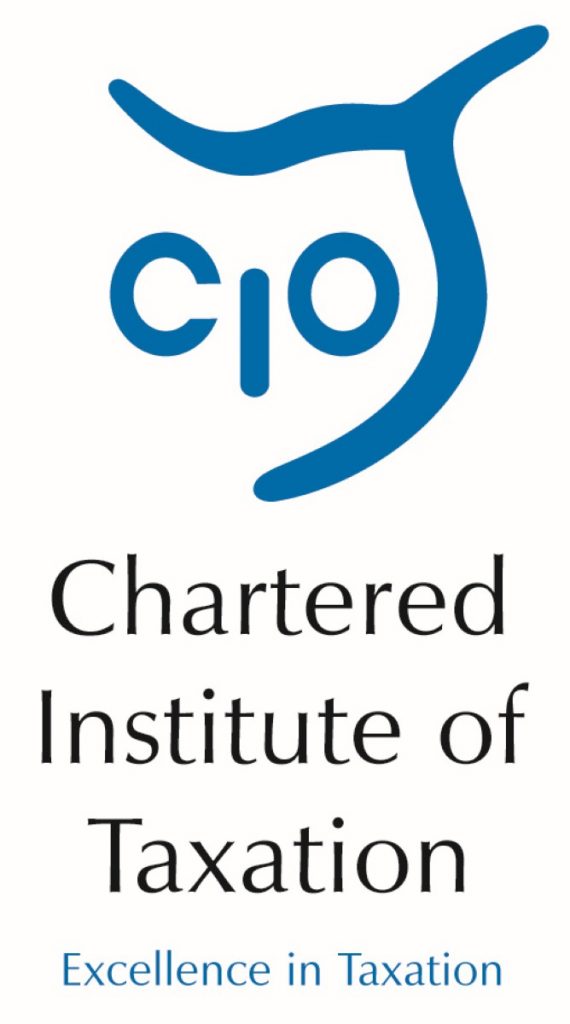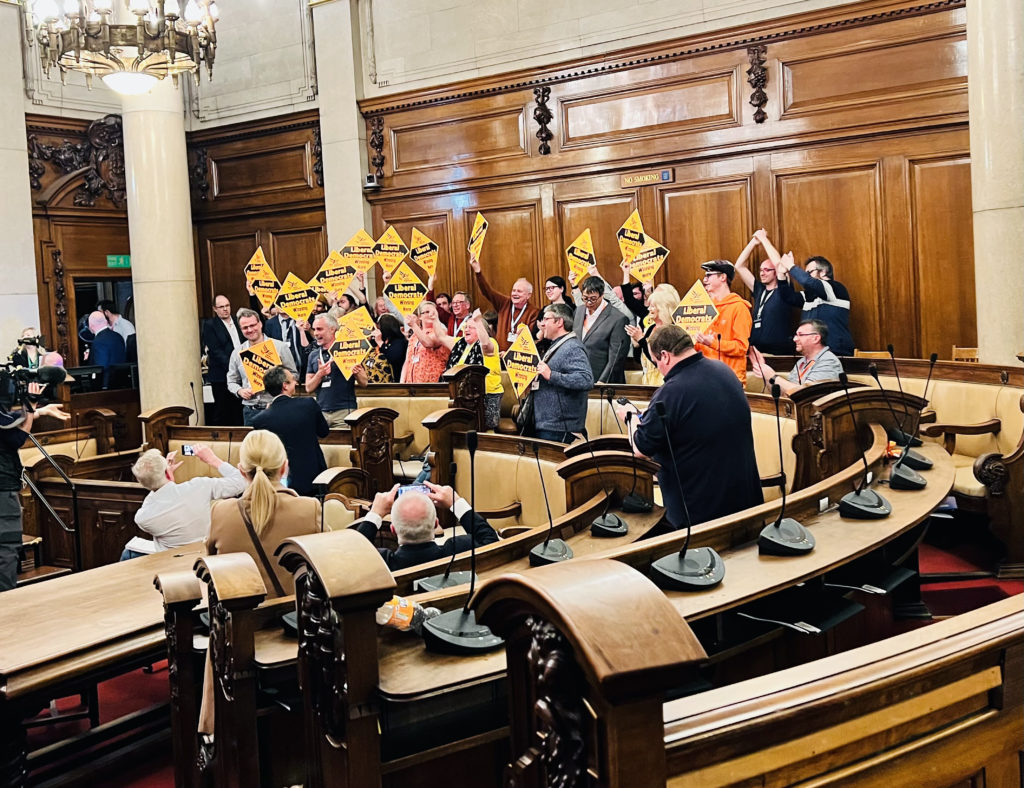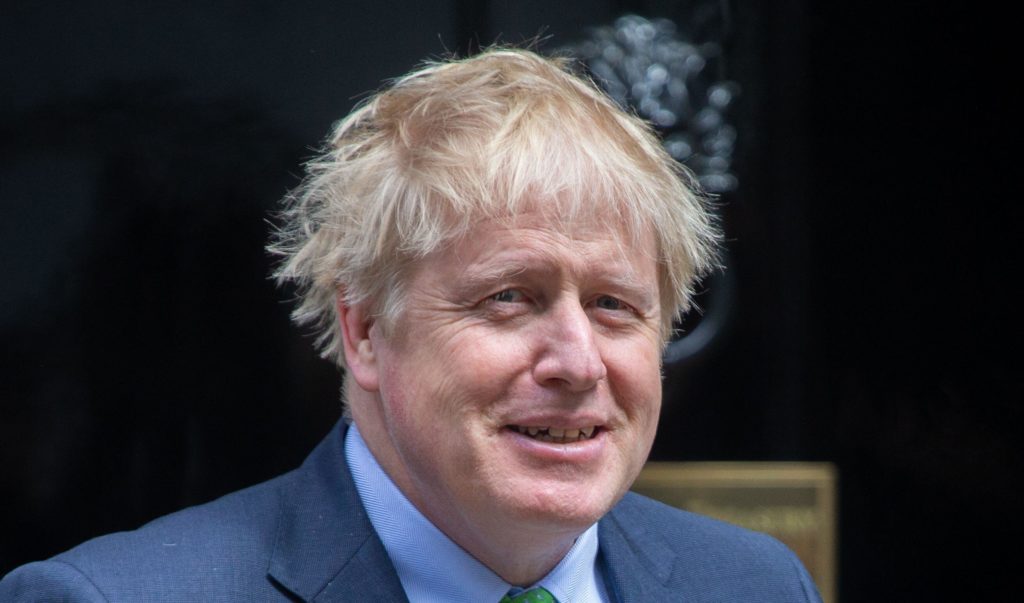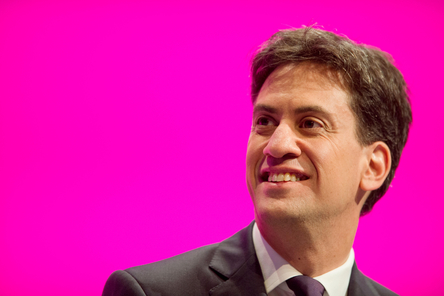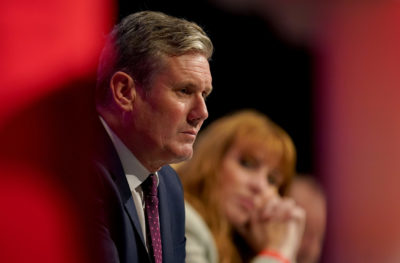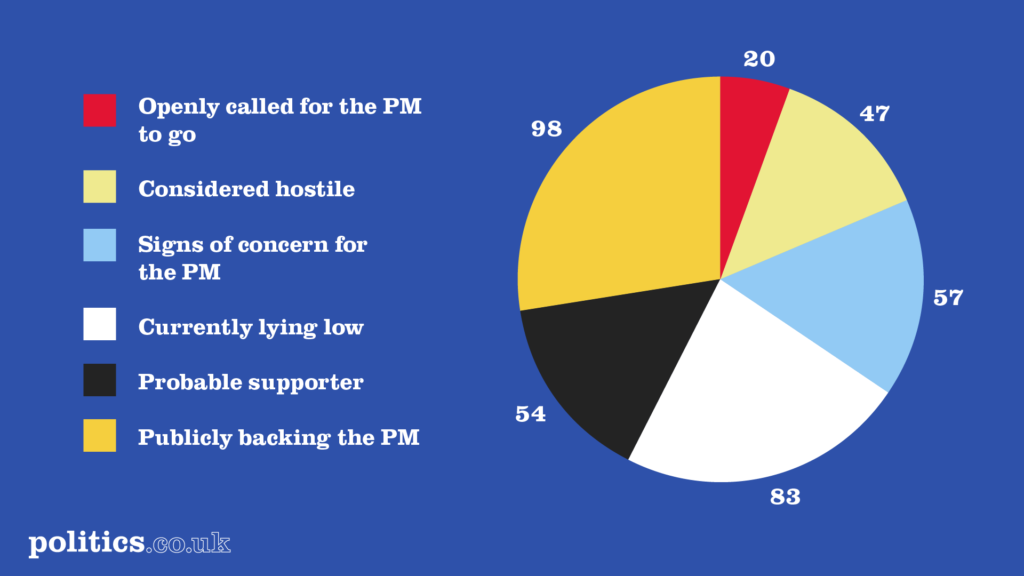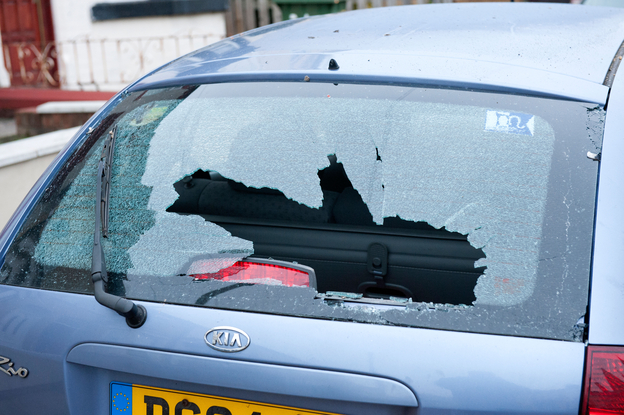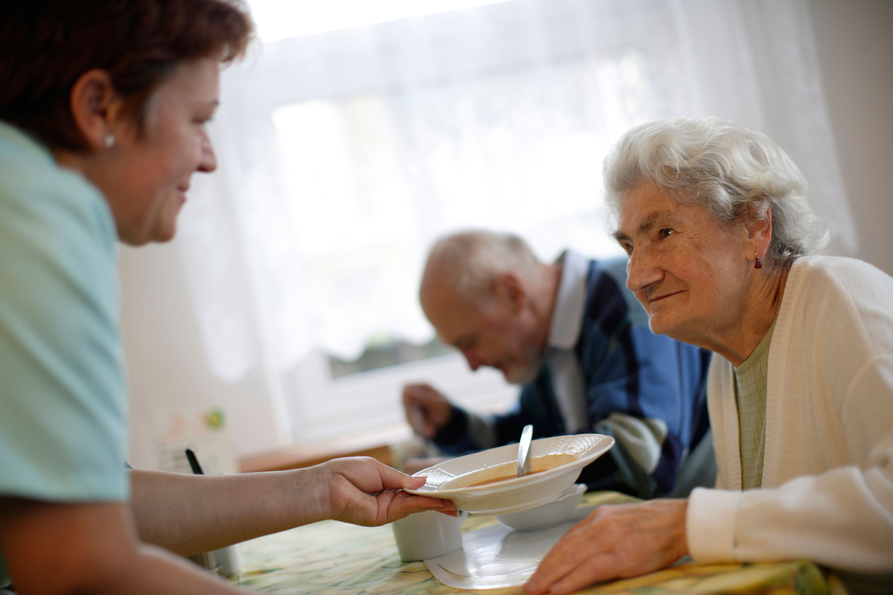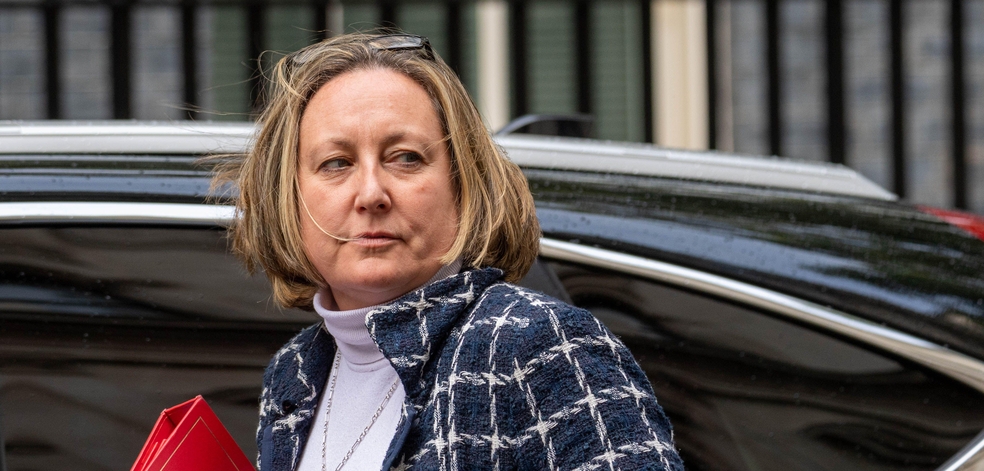Is the BBC biased?
The BBC Charter sets out its four public purposes. The first of these is “to provide impartial news and information to help people understand and engage with the world around them.” In keeping with this, the corporation describes itself as “impartial and independent”.
The Broadcasting Code of the regulator, OFCOM, requires the BBC to achieve “due impartiality in all its output”. This is seen as particularly important given the BBC’s revenue comes from a compulsory licence fee, in effect meaning that the broadcaster is funded by the British taxpayer.
Nonetheless, the BBC is routinely accused of displaying political bias in its media output.
According to a 2018 poll by BMG Research of 1,004 British adults, just 37% of people thought the BBC was impartial.


The survey found that people ranked both ITV and Channel 4 above the BBC when assessing a broadcaster’s impartiality.
The perceived partiality of the BBC comes from both sides of the political spectrum. 22% of respondents in the BMG study believed the BBC to favour left-wing views, while 18% perceived a bias towards the right. Opinions likewise differ among differing demographics. Those over 50 are more likely to view the BBC as being to prone to promoting liberal values, whereas younger audiences view the broadcaster as conforming to a more conservative establishment.
A history of the BBC bias discussion
Accusations of left-wing bias and the BBC date back to the 1980s, when the BBC’s reporting of the Falklands War generated the wrath of the Thatcher government.
These views gained impetus in 1984 when a BBC documentary, Maggie’s Militant Tendency, drew links between two Conservative MPs and organisations on the far right. The MPs involved successfully sued the BBC in relation to these false accusations and both won substantial costs and damages.
Since the turn of the Century, persistent claims of pro-left coverage have been interspersed with accusations of ‘establishment’ coverage, and greater airtime for the Conservatives. Back in 2012, a study from Cardiff University, found that appearances by the then Conservative Prime Minister David Cameron outnumbered those of then Leader of the Opposition, Ed Miliband, by a ratio of over three to one (53 to 15).
Recent accusations of left wing bias
Recent accusations of the perceived left-wing bias of the BBC reached their peak in December 2020, when Conservative Ministers publicly boycotted Radio 4’s Today programme.
In August 2020, 14 Conservative MPs, wrote to the incoming Director General of the BBC, accusing the corporation of one-sided broadcasting, which “fundamentally failed” to convey the diverse views of the public.
After his 2019 General Election victory, Boris Johnson threatened to decriminalise the non-payment of the BBC licence fees, echoing similar pledges made by David Cameron in 2015.
Those on the right of the political spectrum often highlight the liberal career histories of BBC staff members. In 2014, the position of Newsnight’s new economics correspondent was offered to Duncan Weldon, whose previous positions included senior economist at the Trade Union Congress and advisor to the former Labour Cabinet Minister, Harriet Harman. This decision sparked complaints from the Tory MP Andrew Bridgen.
The BBC broadcaster Andrew Marr, has pointed to the diverse nature of the BBC, which he describes as employing, “an abnormally large proportion of younger people, of people in ethnic minorities and almost certainly of gay people”, which is what he suggests fuels the BBC’s “innate liberal bias”.
The former BBC Business Editor, Jeff Randal, has described his experience of working at the BBC as something akin to attending a meeting of ‘the flat earth society’. In 2016, he said of his time working with people at the BBC that, “as they discuss great issues of the day, they discuss them from the point of view that the earth is flat”. Continuing he said, “If someone says, ‘No, no, no, the earth is round!’, they think this person is an extremist. That’s what it’s like for someone with my right-of-centre views working inside the BBC.”
Recent accusations of rightwing bias
Many of those on the left of the political spectrum have taken a different approach in relation to BBC bias. They point to how the former Conservative Cabinet Minister, Chris Patten, was Chairman of the BBC Trust from 2011-14. And they note how for many years, two of the Corporation’s leading politics programmes, the Daily Politics and The Sunday Politics, were both presented by Andrew Neil, who has also served as the Chairman of right of centre magazine, The Spectator.
Moreover in September 2021, it was reported that the current BBC Director General, Tim Davie, had previously been involved with the Hammersmith and Fulham Conservative Association. Mr Davie confirmed that in this former life, he had once been a candidate for the local council but failed to be elected.
Other research has suggested that the BBC’s output may be weighted in favour of the right. Although over a decade old, a previous study by Cardiff University found the ratio of right-wing, establishment coverage to be significantly greater than left-wing viewpoints in both 2007 and 2012. Across both periods, Conservative politicians were featured around 50% more often than Labour politicians on the weekday bulletin BBC News at Six.
In the run up to the 2019 General Election, the BBC political editor, Laura Kuenssberg was also accused of unfair coverage towards the then Labour Leader Jeremy Corbyn. At Labour’s 2019 General Election manifesto launch, Kuenssberg was booed as she rose to ask a question.
Social media
With the rising influence of social media, the BBC has faced claims that its staff abuse the impartiality of their positions, by promoting personal agendas or political views on their social media accounts.
This was brought to public attention in 2020, when high paid BBC presenters Emily Maitlis and Gary Lineker were reported for posting politically charged tweets.
In 2020, the BBC Breakfast presenter Sally Nugent was criticised by some for using her Twitter account to promote the free school meals campaign involving Marcus Rashford, which at that particular time, was seen as representing an implicit critique of the government’s then prevailing policy.
Other accusations of BBC bias
In addition to accusations of BBC bias in relation to party politics, the 2016 EU Referendum also saw people make accusations of political bias against the BBC.
Following the Brexit referendum in 2016, the BBC’s political editor, Laura Kuennsberg exclaimed in an interview with Press Gazette, that the ‘world is on acid’. Following this, Brexit supporting newspapers such as the Daily Express, accused Kuenssberg of ‘Remainer’ Bias.
It has also been claimed that the BBC carried considerably more pro-EU voices, than it did of those who were euro-sceptic.
A 2018 report published by Civitas analysed BBC output between the autumn of 2017 and the summer of 2018. It revealed speaker ratios on the BBC, as high as 5:1, and never less than 2:1, in favour of the Remain campaign on EU membership.
Accusations of BBC bias also spreads beyond politics. In the 2010s, the BBC has been criticised for having an anti Sikh and an anti Hindu bias, and for the nature of its reporting on the Israeli-Palestinian conflict.
Quotes
“News in whatever form must be treated with due impartiality, giving due weight to events, opinion and main strands of argument” – BBC Impartiality Guidelines: News, Current Affairs, and Factual Output
“Editors are making tough calls every minute of the day. But I don’t accept the view of those critics who jump on a handful of examples to suggest we’re somehow biased one way or the other.” – Tony Hall, director general of the BBC, 2020
“For too long, the right has got away with weaving a fairytale of BBC leftwing bias”. Owen Jones, writing in the Guardian, 2014.
“By far the most popular and widely read newspapers at the BBC are The Guardian and The Independent. […] In the later stages of my career, I lost count of the number of times I asked a producer for a brief on a story, only to be handed a copy of The Guardian and told ‘it’s all in there.” Jeff Randall, former Business editor at BBC, 2016.
Statistics
Just 54% of viewers now rate the corporation’s TV news offering as impartial, the lowest-ranking of any TV news offering in the country. [Source – Ofcom, 2020]
Complaints of any nature are addressed by Ofcom, which examines whether the issue is in breach of their Broadcasting Code. In its 2018 report, Ofcom assessed 69 complaints, before concluding that none required further investigation.

